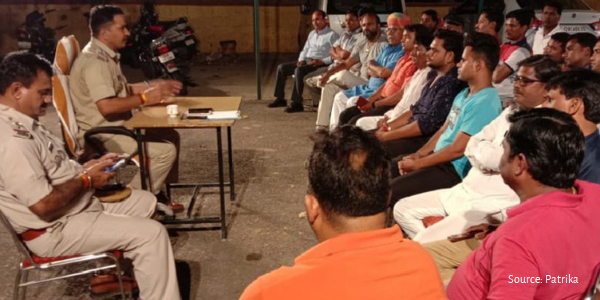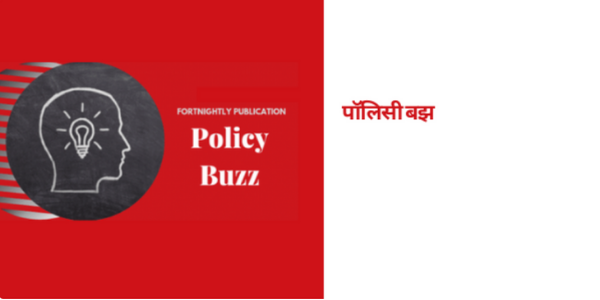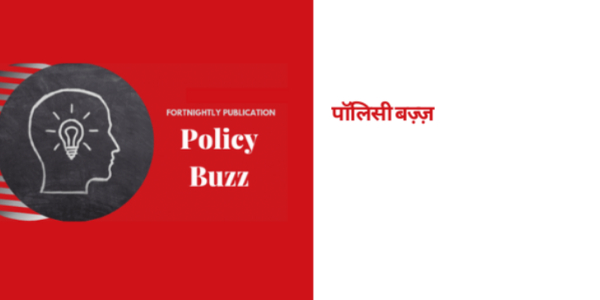‘Why don’t you come over to Kerala House for dinner, Raghunandan?’
I recognised that gravelly voice instantly.
Of my many mentors, I fondly remember Mr. V. Ramachandran, the former Chief Secretary of Kerala. An officer with immense depth and experience gift-wrapped in dry wit, he was a member of the Second Administrative Reforms Commission. Around 2007 or so, whenever he visited Delhi, I would join him for dinner; steaming bowls of broken rice kanji, a spicy payar (moong) curry and tangy whole tender mango pickle.
On one of our chats over dinner, he remarked how much the government had grown since his days. Back in the sixties, he said, there were probably just 20 Line Ministries in the Government of India. Now there were no less than 88 Secretaries to the Government of India.
Furthermore, the government, traditionally represented by core secretariats of Line Departments (which took care of thematic sectors), had dissipated its responsibilities to an array of other executive agencies, ranging from Commissariats to Companies, Societies, Boards and Public-Private Partnerships. Mr. Ramachandran disparaged of this development and he wondered where it would all lead.
Mr. Ramachandran’s words turned out to be prophetic. We have a complex maze of government agencies to deal with now, and the situation is far worse than it was a decade back. The situation in state governments is worse than that in the Union government.
Where there used to be one Finance Department, there are State Finance Corporations, Urban Infrastructure Finance Corporations, think tanks, research institutions, and so on. In other Line Departments such as Agriculture, Health, and Education, actual executive work is today carried out by State and District Mission Offices. These are vertically integrated parallel structures, often mandated to be created by schematic guidelines of programmes such as the Sarva Shiksha Abhiyan, the National Rural Health Mission, the Horticultural Mission, and so on.
The Union government has driven the trend to create parastatals and parallel bodies, to ringfence their financial transfers from the apparently capricious hands of the State Finance Departments.
Perhaps the worst such dispersal of powers and responsibilities is in the Urban Development sector, where, apart from the Urban Development Department, there is a Director for Municipal Administration, a Town and Country Planning Director, various Urban Development Authorities, separate parastatals for water supply, and for urban financing. This is apart from the constitutionally mandated Municipal Corporations, Municipalities and Town Panchayats. Add to these various PPPs created to manage partnered assets such as toll roads, and the new kid on the block — namely, the Smart City Company Ltd. — and we have mayhem.
In spite of the institutional confusion created by these institutions, they are not likely to fade away. In which case, the question arises — what happens to the core secretariat and the Line Departments? What is the future of ‘Government’; the chaps who sit and pore through files in Secretariat offices?
Conventional wisdom in the task of teasing out and segregating executive powers demands that policymaking is kept aloof from day-to-day operational processes. Hence, the secretariat.
Secretaries to government are expected to advise the ministers and in turn, are to be advised by a hierarchy of secretarial officers. Once policies are formulated, they are sent to the executing authorities who carry them out. However, that conventional wisdom has been eroded gradually over the past few decades, and now, if we take seriously the mantra of maximum governance and minimum government, the utility value of secretariats have to be seriously examined.
In light of the multiplicity of departments messing around in the executive space, one of the priorities is to rework the delegation of powers. In spite of the proliferation of executing bodies, there is a surfeit of decisions that are unnecessarily centralised in secretariats. For every file of substance examined in a secretariat, there are five that deal with unnecessary permissions and clearances, which can be avoided if powers and responsibilities were logically delegated.
Second, if powers are delegated, then secretariats need not have as many multiple levels as they have now. Files could move laterally from the executing body straight to the decision-making levels in the core secretariat, such as the Joint Secretaries and above. That would render a large number of secretariat staff redundant; currently, they are involved largely in inventing work for themselves by looking at files that need not have come to the secretariat in the first place.
However, these reforms are unlikely to be implemented. Multiple levels and confusing webs of command dilute accountability and responsibility. The more checkpoints there are, the more the possibility of passing on the blame for delays or errors in policymaking or execution.
Yet, I get the feeling that sooner than later, the relevance of secretariats of the conventional design, comprising of seriously-minded people dealing with seemingly important aspects of governance, will begin to be questioned. Maybe, in the fullness of time, we might revert to a government with lean secretariats.
What we need to do with the plethora of implementing agencies, is quite another matter altogether.
T.R. Raghunandan is an Advisor at Accountability Initiative.








